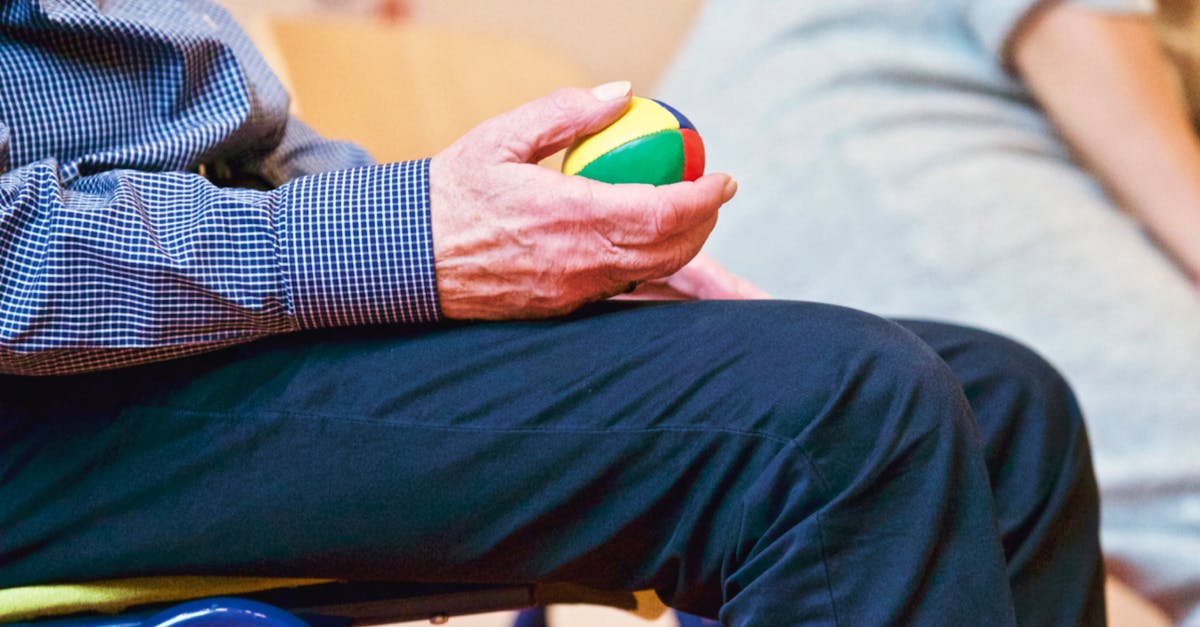
Table Of ContentsTable Of Contents
What are the benefits of involving all family members in therapy?
Involving all family members in therapy can have a range of benefits that contribute to the effectiveness and success of the Is there tailored support available through the Aftercare Allowance in NSW for specific circumstances?Family TherapyAftercare Allowance Renewal Process. When all family members participate in therapy sessions, it ensures that each person's perspective and voice are heard and validated. This inclusivity creates a supportive and safe environment where individuals feel empowered to express their thoughts, emotions, and concerns openly. Additionally, involving all family members encourages a sense of unity and cooperation within the family unit, fostering stronger relationships and mutual understanding among family members.The renewal process for the Aftercare Allowance in New South Wales is a crucial step to ensure continued support for individuals transitioning from the out-of-home care system. It is essential for recipients to adhere to the guidelines and deadlines set forth by the Department of Communities and Justice to guarantee the uninterrupted provision of benefits. The
Furthermore, including all family members in therapy allows for issues and challenges to be addressed comprehensively. By involving everyone affected by the presenting concerns, therapists can gain a holistic view of the family dynamics and relationships. This comprehensive approach enables therapists to identify underlying issues, patterns of behavior, and communication barriers that may contribute to the family's difficulties. Through collaborative efforts and active participation from all members, family therapy can facilitate meaningful changes and sustainable solutions that promote growth and healing within the family system.Aftercare Planning and Support
The advantages of inclusive family therapy sessions team plays a pivotal role in assisting individuals through this process, offering guidance and necessary resources to facilitate a smooth transition.
Inclusive family therapy sessions offer a holistic approach to addressing relational issues by involving all family members in the therapeutic process. This inclusive practice fosters a sense of unity and collective responsibility within the family unit, emphasising that everyone plays a vital role in maintaining healthy relationships. Through active participation and open communication in the therapy sessions, each individual's voice is heard and validated, leading to a greater understanding of one another's perspectives and emotions.Recipients of the Aftercare Allowance need to actively engage with their case managers to review their individual goals, accomplishments, and challenges. This interaction allows for the identification of evolving needs and the development of a customized care plan. The Aftercare Planning and Support team works closely with individuals to navigate any obstacles that may arise during the renewal process, ensuring that their unique circumstances are taken into account.
Furthermore, inclusive family therapy sessions provide a safe and supportive environment for families to explore and work through their challenges together. By encouraging collaboration and cooperation among family members, this approach promotes a sense of belonging and mutual respect within the family system. The opportunity to address concerns and conflicts collectively can lead to strengthened relationships, improved communication skills, and enhanced problem-solving abilities, ultimately fostering greater harmony and resilience within the family.Extending Support
The Aftercare Allowance in NSW can significantly impact other benefits received by individuals. This allowance plays a crucial role in providing financial support to those transitioning out of care settings. Understanding the implications of receiving the Aftercare Allowance on various benefits is essential for recipients. Aftercare Planning and Support is central to navigating the complexities of balancing the Aftercare Allowance with other forms of Encouraging empathy and compassion among family membersassistance.
Encouraging empathy and compassion among family members is a key goal of Family Therapy. Through guided discussions and activities, family therapy sessions create a safe space for individuals to express their thoughts and feelings openly. This process allows family members to develop a deeper understanding of each other's perspectives, ultimately fostering empathy and compassion within the family unit.Recipients may need to consider how the Aftercare Allowance interacts with existing benefits to ensure they are maximizing their support. While the Aftercare Allowance aims to provide additional assistance, it is important to assess how it may affect other benefits such as health care support or housing subsidies. By being aware of the potential impact on other benefits, individuals can make informed decisions regarding their financial planning and access to Aftercare Planning and Support.
By encouraging active listening and respectful communication, family therapy promotes empathy and compassion among family members. Through reflective exercises and role-playing scenarios, individuals in therapy learn to put themselves in each other's shoes and gain a greater appreciation for the challenges and emotions faced by their loved ones. This heightened sense of empathy can lead to improved relationships, enhanced communication, and a more harmonious family dynamic.Supplementary Assistance
What techniques are commonly used in family therapy sessions?Supplementary Assistance: Applicants receiving the Aftercare Allowance in New South Wales may also be eligible for additional support through Supplementary Assistance. This extra aid aims to further assist individuals in their aftercare planning and support needs. The Supplementary Assistance is tailored to address specific circumstances and requirements of each individual, providing a more comprehensive approach to ensure that recipients have access to necessary resources and services.
Family therapy utilizes a range of techniques to promote effective communication and enhance relationships within the family unit. One common technique is known as Structural Therapy, where the therapist helps to restructure the family dynamic by establishing clear boundaries and identifying roles within the family system. By addressing hierarchical structures and patterns of interaction, Structural Therapy aims to create a more balanced and functional family environment. Another widely used technique in Family Therapy is Strategic Therapy, which focuses on identifying and changing specific problematic behaviours or communication patterns within the family. This approach often involves the therapist assigning tasks or prescribing interventions to address the issues at hand, with the goal of fostering healthier ways of relating to one another.Additionally, Supplementary Assistance under the Aftercare Allowance scheme includes various support programs and initiatives designed to enhance the overall well-being and independence of eligible individuals. By offering a range of tailored services, this extra assistance aims to complement the existing support provided through the Aftercare Allowance, thereby empowering individuals to successfully transition into independent living after leaving formal care arrangements. The objective of Supplementary Assistance is to provide holistic support that addresses both immediate needs and long-term goals, ultimately promoting the overall well-being and self-sufficiency of recipients.
Exploring the various therapeutic methods employed in family counsellingAftercare Allowance for Specific Circumstances
Family therapy is a dynamic and effective approach that utilises various therapeutic methods to address familial issues and improve relationships. One commonly employed technique is known as structural family therapy, which focuses on restructuring family dynamics and interactions to promote healthier communication patterns and problem-solving strategies. Through this approach, therapists work with families to identify and reframe maladaptive behaviours, ultimately fostering more positive and constructive ways of relating to one another.Aftercare Allowance for specific circumstances is a vital aspect of ensuring that young people transitioning out of out-of-home care receive the necessary support tailored to their individual needs. This allowance recognizes that some young individuals may require additional assistance due to unique circumstances or challenges they face as they navigate independent living. The Aftercare Planning and Support offered under this scheme aims to provide specialized aid to those who require extra guidance and resources to successfully transition into adulthood.
By offering Tailored Support Programs, the Aftercare Allowance underscores the importance of personalized assistance in building the foundation for a successful transition. These programs are designed to address the unique challenges and goals of each young person, fostering a supportive environment that encourages growth and independence. With Aftercare Planning and Support at the forefront, these programs serve as a crucial lifeline for individuals as they embark on their journey towards self-sufficienThe most popular type of family therapy is known as systemic family therapy, which focuses on understanding the dynamics within the family system as a whole.
